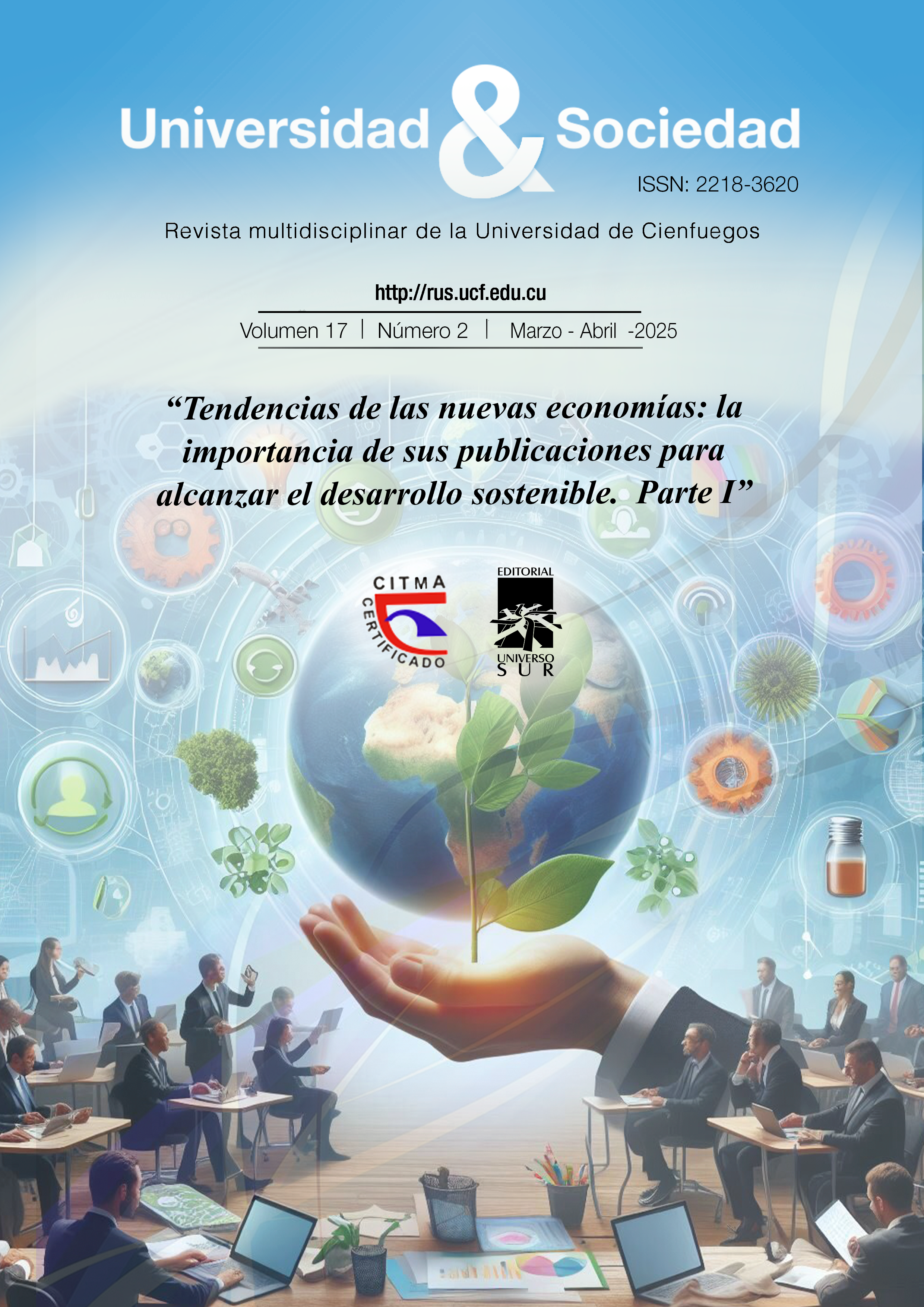The mental aspects of economy in proverbs and sayings of the language of poetry
Keywords:
Poetic texts, Proverbs and sayings, Language and culture, Linguocultural aspects, Economics of languageAbstract
Proverbs and sayings, which are among the ancient genres of oral folk literature, are the product of the people's cognition and thought, and have existed in economical forms since their emergence. The lexical composition and structure of folklore expressions in this genre remain largely unchanged, and although they are in a local context, in the language of poetry, depending on stylistic features, they can be shortened or, on the contrary, expanded according to the poet's technical requirements. Some proverbs and sayings have stabilized in language in an economical form since their inception, and in the majority of cases, the synonymic components for "human, person" are presented in a shortened form. Imagery and dual-component characteristics are common to these wise sayings, so the content of the shortened lexical units in both components is determined by the corresponding style of the text, which is discussed in the article. This study examines the linguistic mechanisms of proverbiality, focusing on the lexical composition, structural stability, and stylistic variations of proverbial expressions, focusing particularly but not limited to economic proverbs and sayings.
Downloads
Published
How to Cite
Issue
Section
License
Copyright (c) 2025 Editorial "Universo Sur"

This work is licensed under a Creative Commons Attribution-NonCommercial-NoDerivatives 4.0 International License.
La editorial "Universo Sur", de la Universidad de Cienfuegos, publica el contenido de la Revista "Universidad y Sociedad" bajo una Licencia Creative Commons Atribución-NoComercial-SinDerivar 4.0 Internacional.
© Podrá reproducirse, de forma parcial o total, el contenido de esta publicación, siempre que se haga de forma literal y se mencione la fuente.










